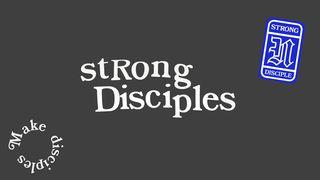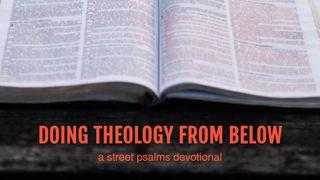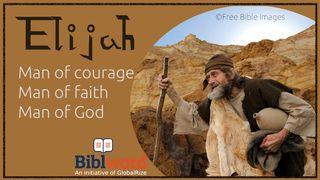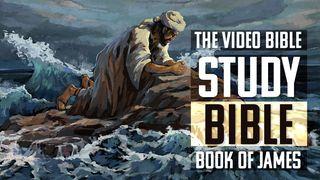Deuteronomy: At Journey's EndSample
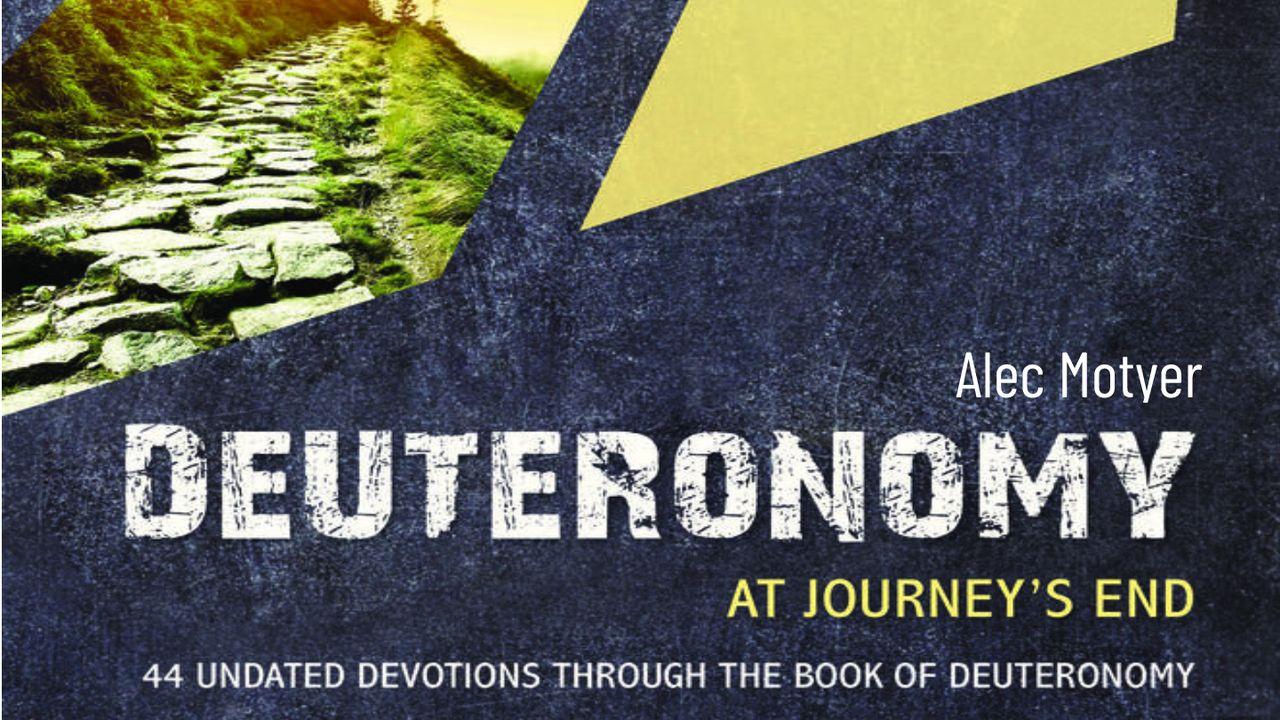
Leadership, part 1
Judges, priests and kings
There was nothing special about the leaders of Israel – any more than there is anything special required by the leadership qualifications in 1 Timothy 3:1–13 and Titus 1:5–9. Leaders are just to be ‘Exhibit A’ of what it means to be a member of the redeemed people.
But though we are all on the same level in our submission to the justice and worship of the Lord, Deuteronomy does not subscribe to a situation of ‘all chiefs, no Indians’. The judges and priests are God’s intended leaders, and are there to be obeyed. As in the New Testament, there is no such thing as a church without leaders, yet it is essential that these leaders be subject to what the Lord has revealed and commanded. And the same applies to the envisaged king (vv. 14–20), who also – and marvelously – pictures what you and I would wish to be. He does not confuse greatness with force (v. 16); he carefully avoids entanglements that foreseeably would distract his heart from the Lord (v. 17a, cf. 1 Kgs 11:1–4); he is not covetous for wealth (v. 17b); he is a man of the word of God – devoted to it to the smallest detail (v. 18), treasuring it as a personal possession (v. 19a), and an assiduous reader of it (v. 19b), knowing that this would keep his relationships right (v. 20a), hold him to the life of obedience (v. 20b) and prosper his reign and his family (v. 20c). Will not the word of God do the same for us?
But though we are all on the same level in our submission to the justice and worship of the Lord, Deuteronomy does not subscribe to a situation of ‘all chiefs, no Indians’. The judges and priests are God’s intended leaders, and are there to be obeyed. As in the New Testament, there is no such thing as a church without leaders, yet it is essential that these leaders be subject to what the Lord has revealed and commanded. And the same applies to the envisaged king (vv. 14–20), who also – and marvellously – pictures what you and I would wish to be. He does not confuse greatness with force (v. 16); he carefully avoids entanglements that foresee and would distract his heart from the Lord (v. 17a, cf. 1 Kgs 11:1–4); he is not covetous for wealth (v. 17b); he is a man of the word of God – devoted to it to the smallest detail (v. 18), treasuring it as a personal possession (v. 19a), and an assiduous reader of it (v. 19b), knowing that this would keep his relationships right (v. 20a), hold him to the life of obedience (v. 20b) and prosper his reign and his family (v. 20c). Will not the word of God do the same for us?
Reflection
Reading this passage should stimulate us to a greater concern for those who lead us in church and society – and our solemn duty to pray constantly for them. Beware of the motto, ‘Why pray when you can criticise’!
About this Plan

In these daily undated devotions, Alec Motyer explores the timeless truths of Deuteronomy and applies them to our lives today. Just as the Israelites did, we can appreciate the wonder of God’s grace to us through repentance, experience His committed love for us, and learn more about walking in His ways.
More
We would like to thank 10ofThose for providing this plan. For more information, please visit: https://www.10ofthose.com/
